North coast apiarist Steve Fuller is urging all beekeepers to work together to contain the…
Disastrous proposed changes to the Murray-Darling Basin plan
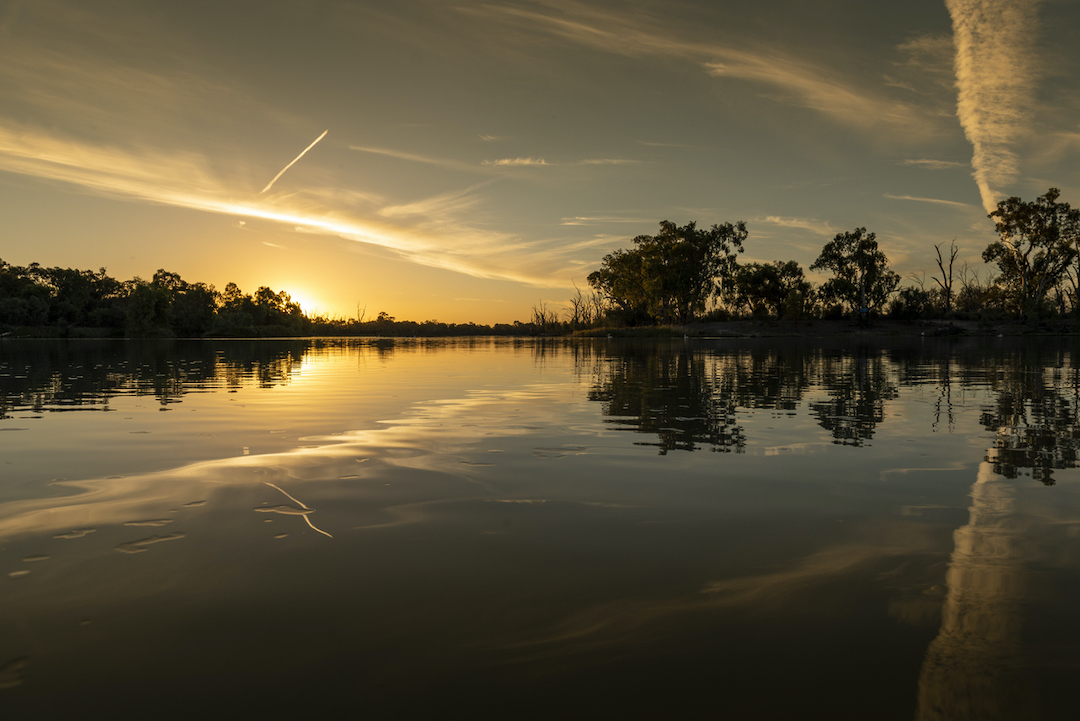
NSW Farmers� President Xavier Martin has accused the Federal Government of taking a sledgehammer to the Murray-Darling Basin Plan, saying proposed changes will result in the closure of farms, widespread job loss and a dramatic increase in food prices.
Four of the country�s largest agricultural bodies have joined Mr Martin in blasting the Albanese government for proposed changes to the Murray-Darling Basin Plan, which have strayed far away from the initial 2012 Plan, which aimed to harmonise environmental, social, and economic factors.
The National Farmers� Federation, NSW Farmers, AgForce Queensland and the NSW Irrigators� Council believe the proposed alterations to the Plan for more water buybacks, will have devastating results.
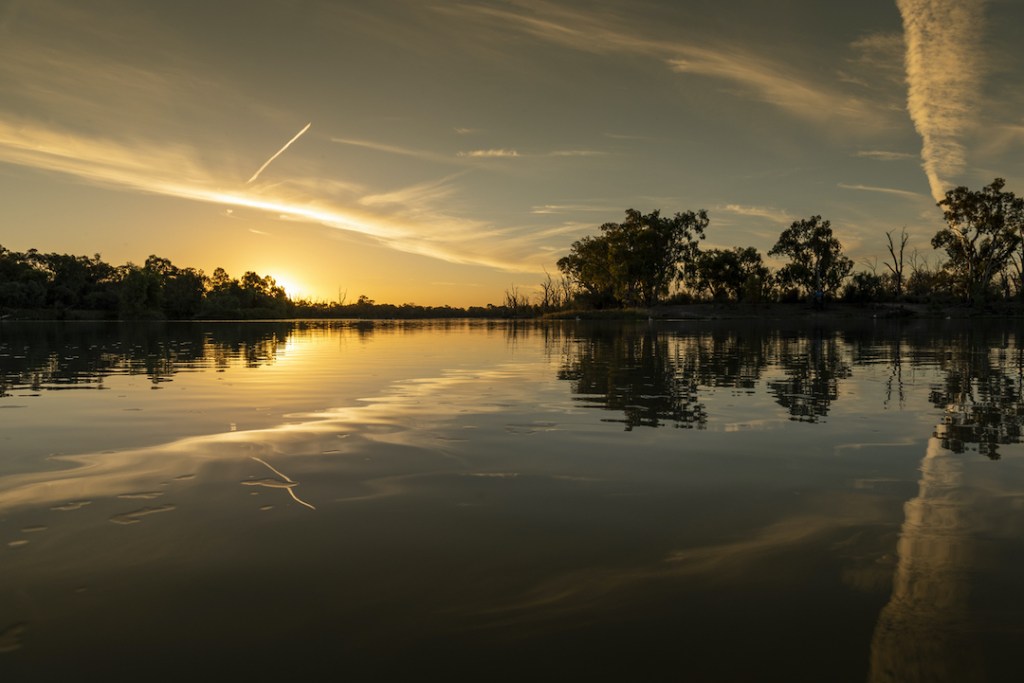
Xavier Martin says the federal government is neglecting the social and economic consequences of additional water buybacks, potentially leading to the downfall of numerous communities, at the cost of taxpayers.
�Less water available for consumptive use means less food and fibre production, which will ultimately lead to declining towns and a higher cost of living for all,� he said.
Mr Martin says the issue is very important because, for most farmers in the Basin, there are direct and devastating consequences.
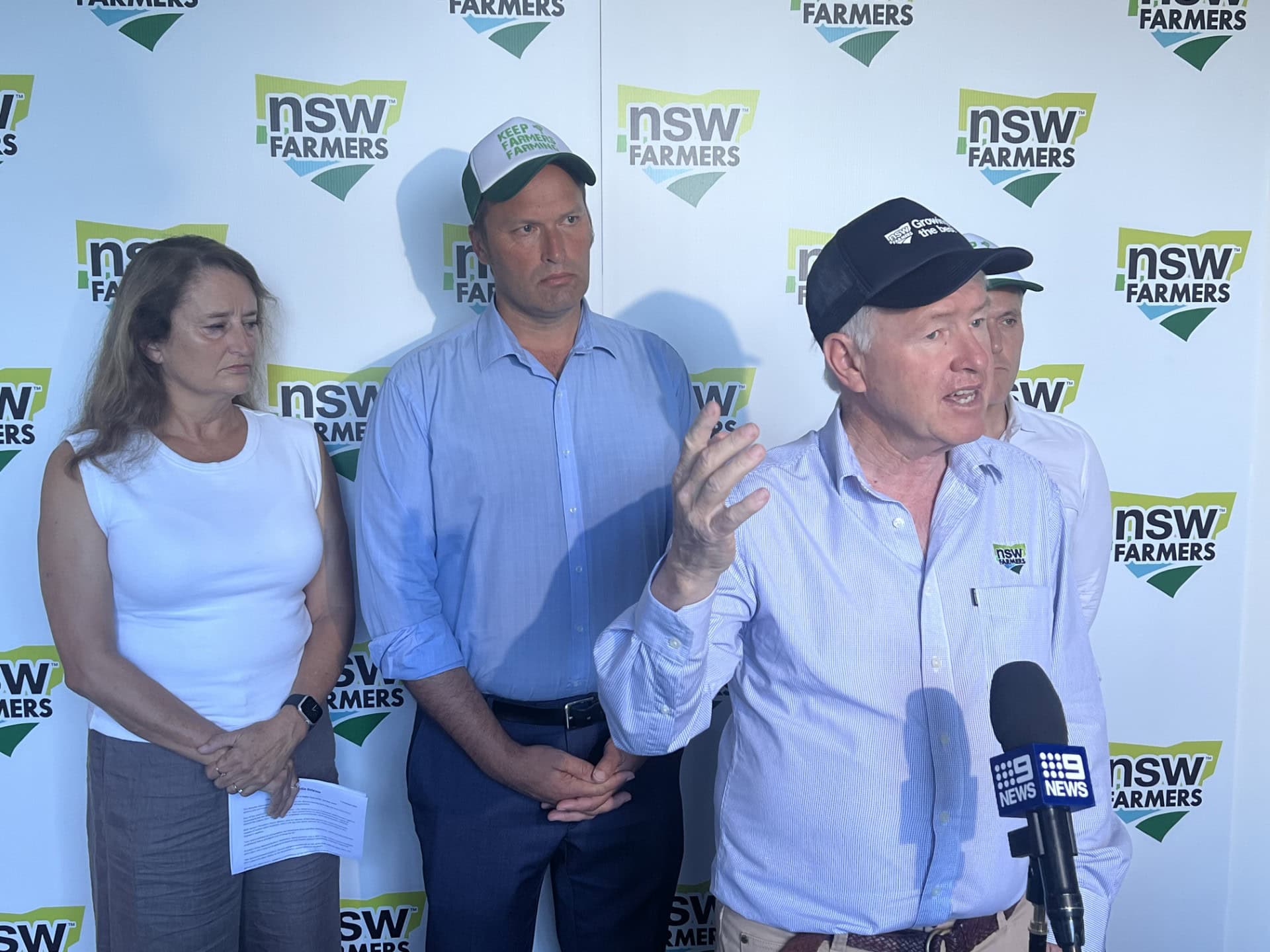
�Getting it wrong won�t just damage the farms, but also the towns and productivity, driving up the cost of food and clothing. It�s nonsense to think that it is reasonable. The sooner Senators start listening to people with practical experience instead of academics, theoreticians and environmental activists, the better,� he said.
�Otherwise, the nation is on a slippery slope, as such a productive part of the nation is having its heart ripped out.�
From the banks of the Murray
Last Friday, Mr Martin was part of a group � which included National Farmers� Federation President David Jochinke � visiting a property at Bungowannah, near Albury, to witness the impact of excess water on bank erosion.
�We stood at the banks of the Murray River, looking at the gross degradation that the �tax payer water� is causing, because they�re running these rivers full, as though they�re European rivers. To see the degradation, with the banks slumping because they�re continually wet, is just ridiculous,� he said.
�And it�s allowing River Gums that are 100-300 years old to just fall in the river � that�s hundreds of trees falling into the river.�
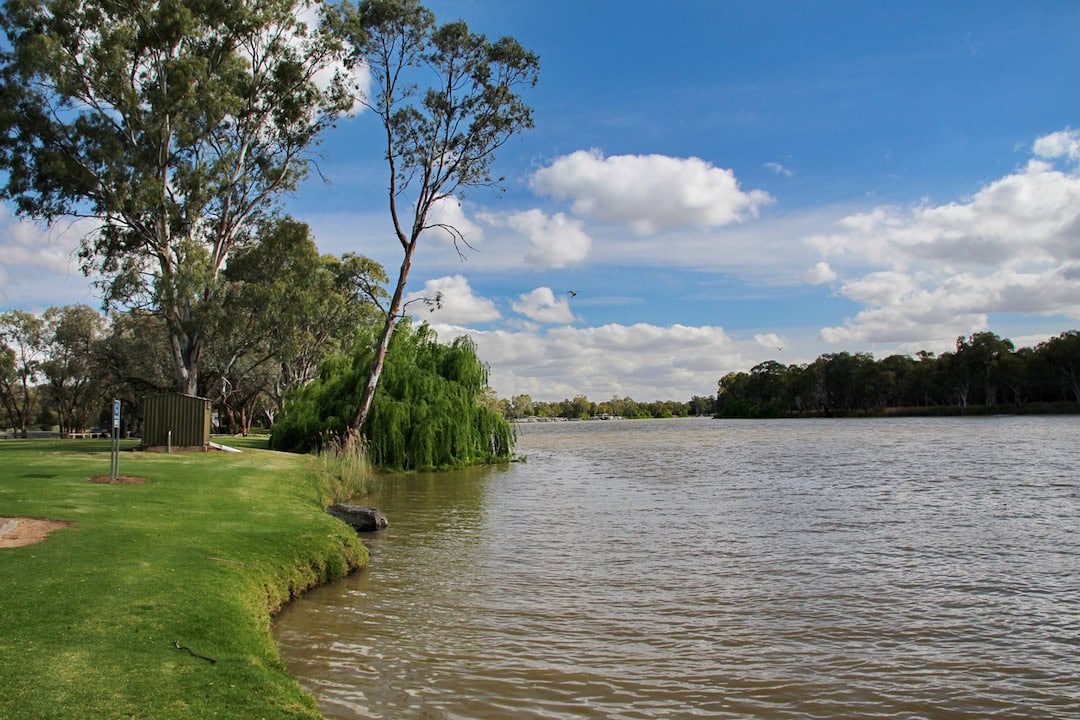
National Farmers� Federation President, David Jochinke says there is no point pursuing buybacks when there are several other options to improve river health without devastating Australia�s food bowl.
�We had environmental experts, farmers and governments all on the same page with the Basin Plan, now that is down the drain thanks to the Government�s tunnel vision on buybacks,� Mr Jochinke says.
AgForce CEO, Mike Guerin, is calling for the reduction of the socio-economic impacts on irrigation dependent communities from recovery of water. He�s also advocating for the inclusion of primary producers and local communities in the decision-making process.
�Accomplishing a Basin Plan that successfully balances environmental and socio-economic outcomes for irrigation-dependent Basin communities requires a strong local consultation process and for governments to respect and respond to those views,� Mr Guerin says.
NSW Irrigators� Council CEO Claire Miller says the Plan�s goals for improved environmental outcomes can be attained without resorting to buybacks.
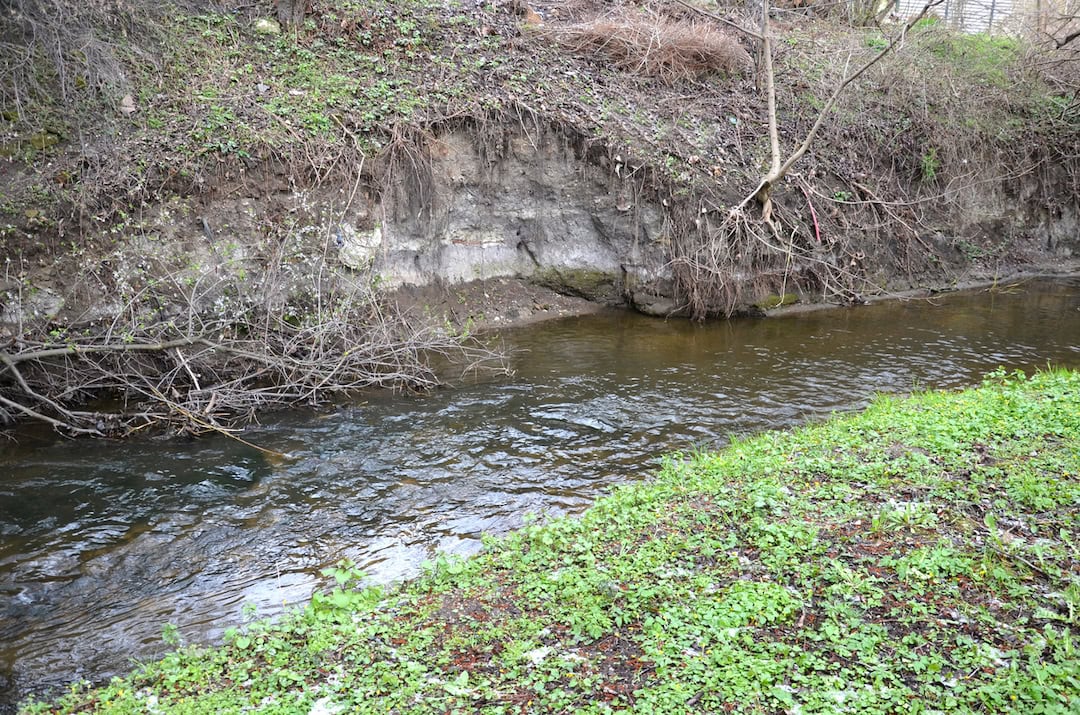
�At this point, extra water recovery is just a political stunt and will only serve to deliver numbers on a page. Punishing farmers and regional communities that depend on the economic activity generated by agriculture just doesn�t make sense,� Ms Miller says.
�Rural communities deserve to know the modelling behind government plans. Buybacks must be avoided and the Bill in its current form cannot be supported.�
According to Mr Martin, farmers once had great faith that the Albanese government would manage the issue differently. But now, many have lost all faith in the nation�s leaders.
�Farmers are telling me they don�t believe the Federal Government knows how to run a raffle. Yet, here they, trying to run rivers, manage water and the future of our communities, our food and our clothing,� he says.
�The Albanese government, through Minister Tanya Plibersek, seems to think that pulling a sledgehammer out and using it as an appropriate tool, is correct. But that sledgehammer won�t even fit in the tool box. That�s because the tool box holds many other items, including having constraints and having a sustainable diversion response. Leasing or renting water back, to just see whether the environment would benefit from 50 or 100 gigs more, or whether the socio-economic impact would be major with these changes � it is just nonsense to think more water is the solution.�
To read more about proposed anti-farming policies and buybacks, click here.




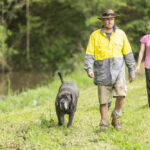



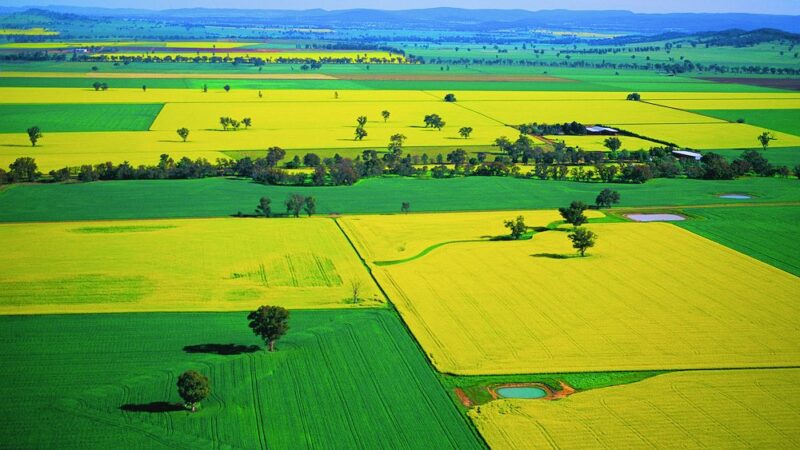
Good report. And there is so much more to this subject it is hard to know where to start. River health requires much more than excess water flows. Why is it for example that wakeboard and speedboats are permitted on our rivers, the wash on the banks is enormous and does more damage than anything else to the banks of the Murray? Why do the environmentalists not raise questions about this issue? Does it interfere with their leisure, or with the (sacred cow) tourist industry? Everybody knows whether it is Amsterdam, London or Melbourne if you are going to have constant boat traffic on a river you need to wall its banks! But not on the Murray eh!